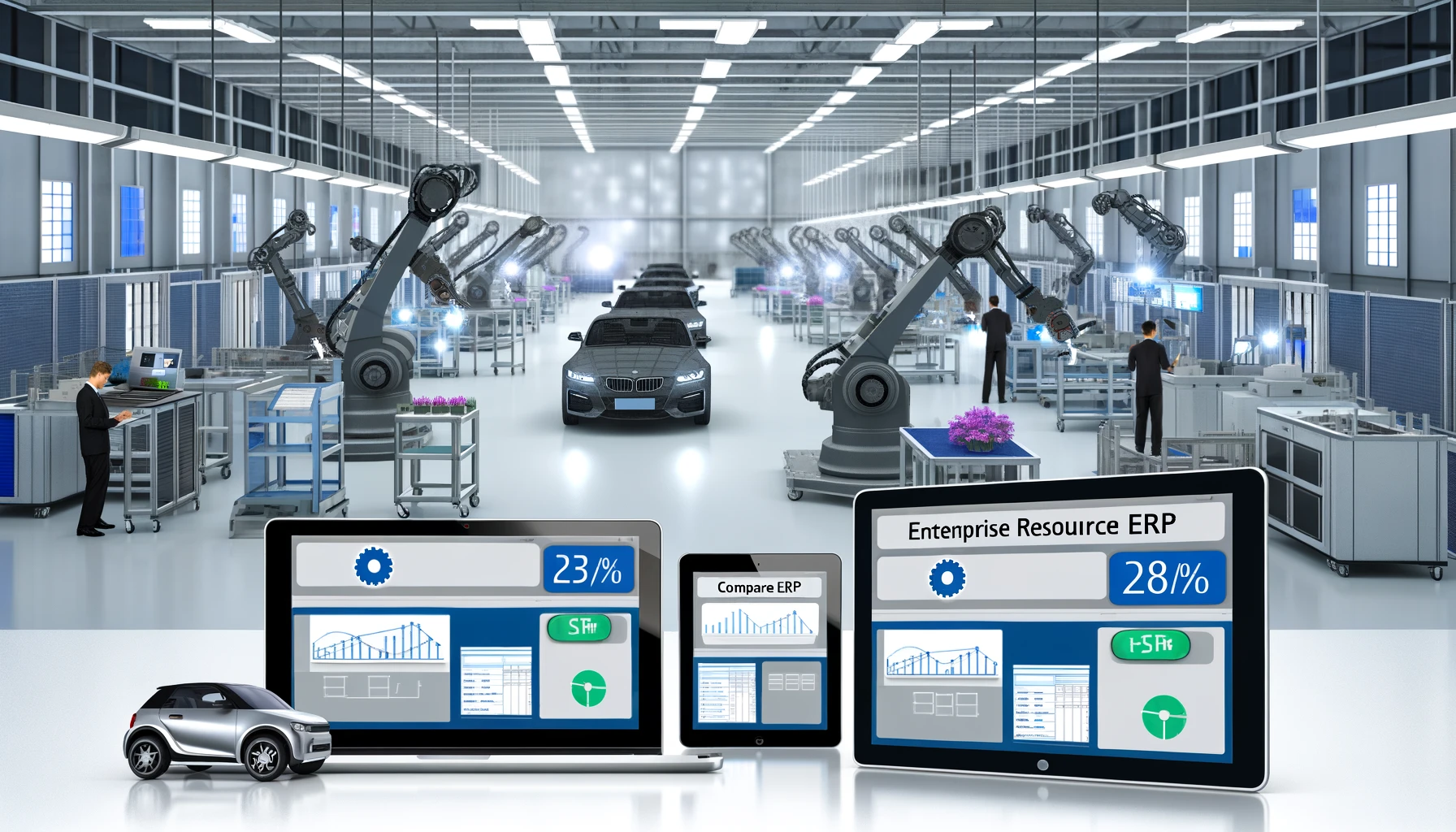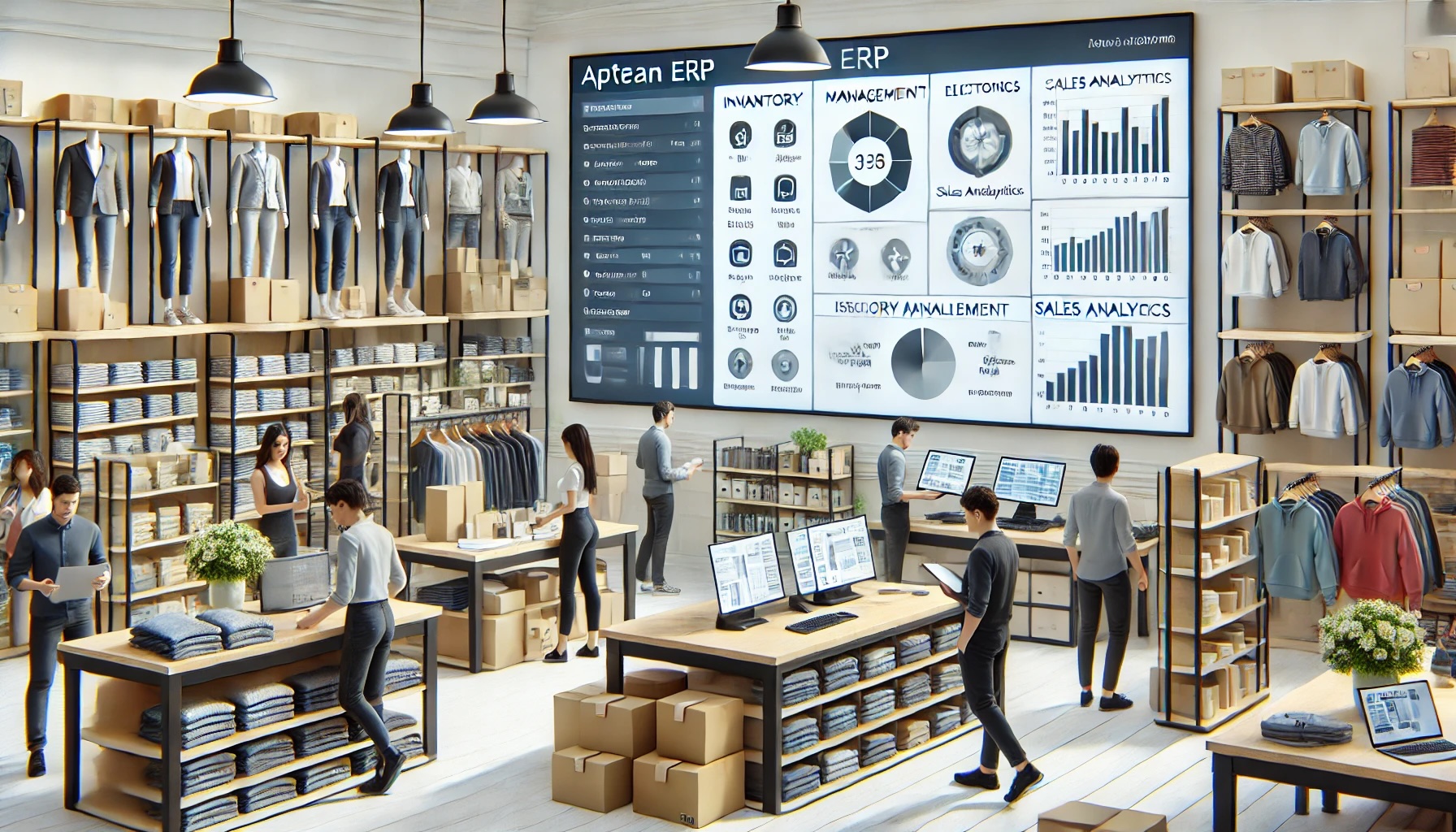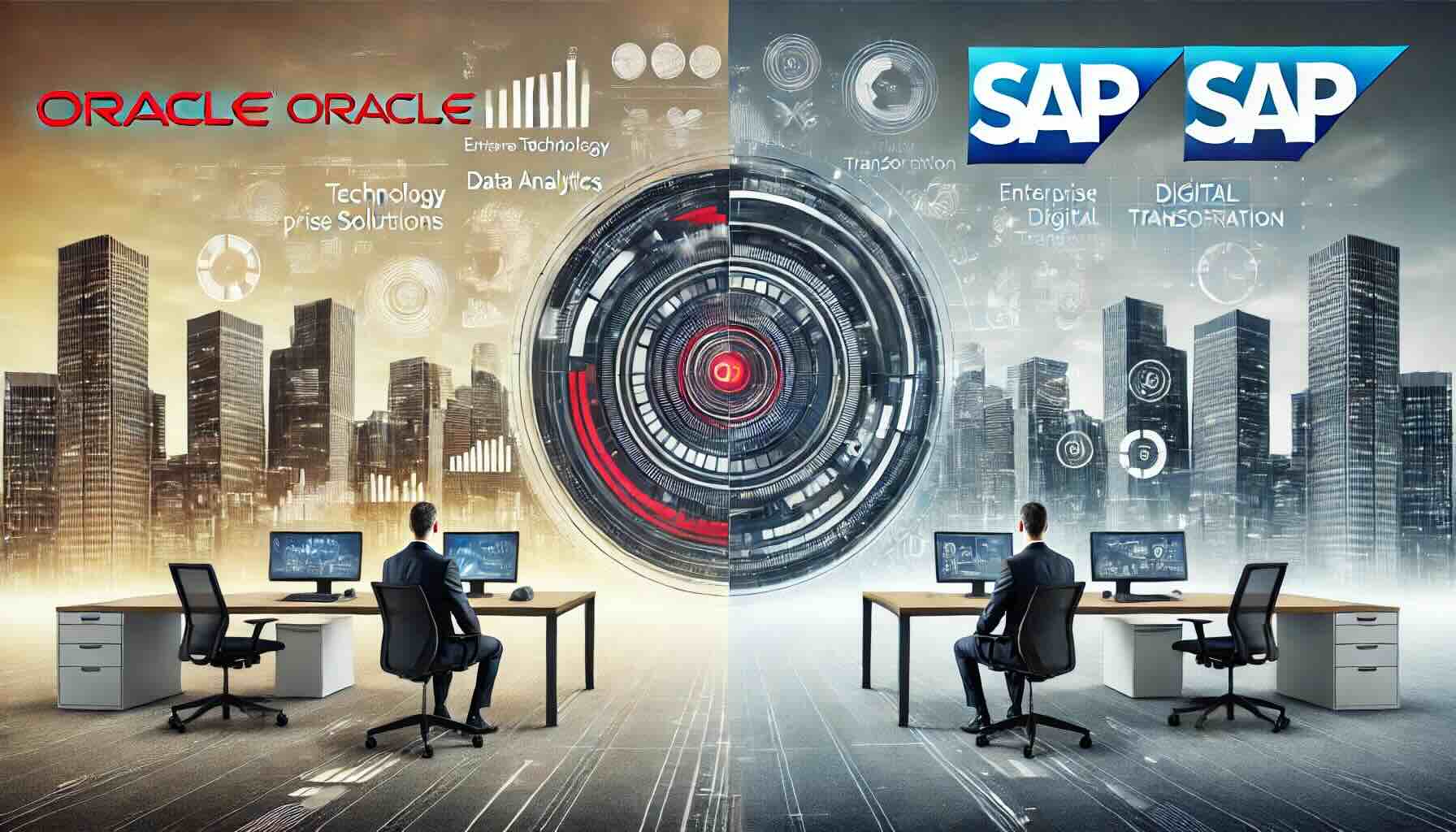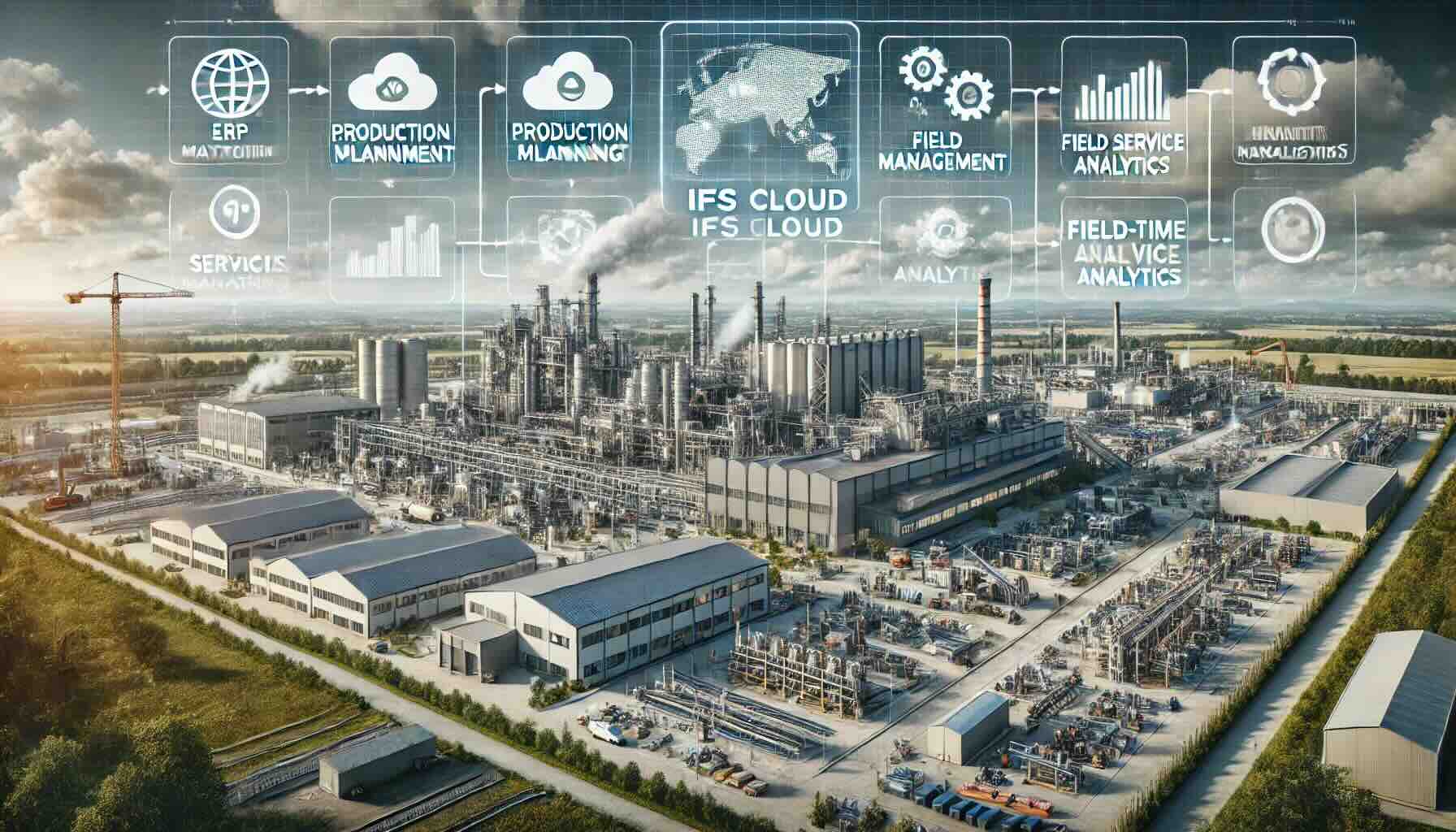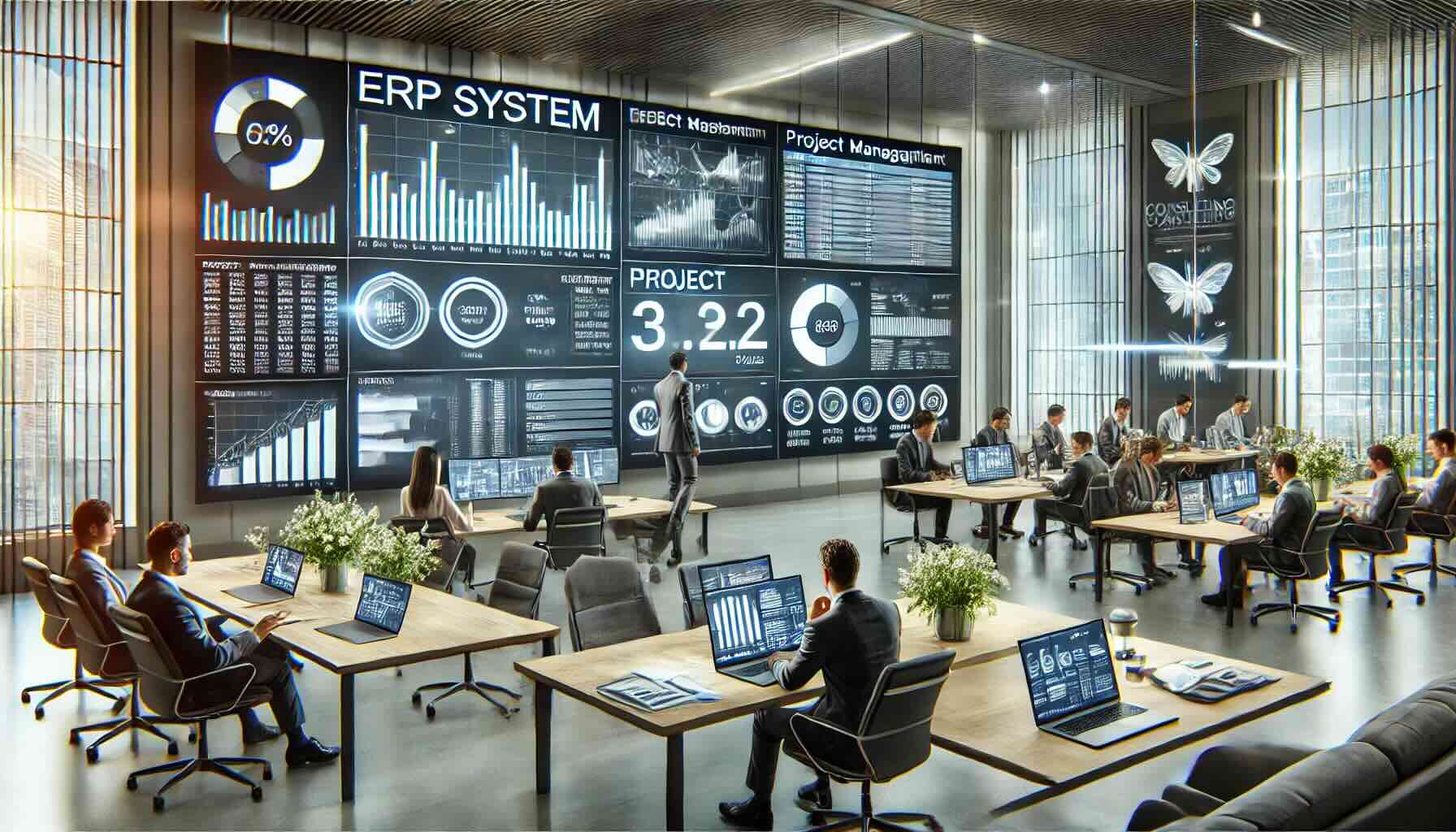Choosing the Best ERP for Electronics in 2025: A Comprehensive Comparison
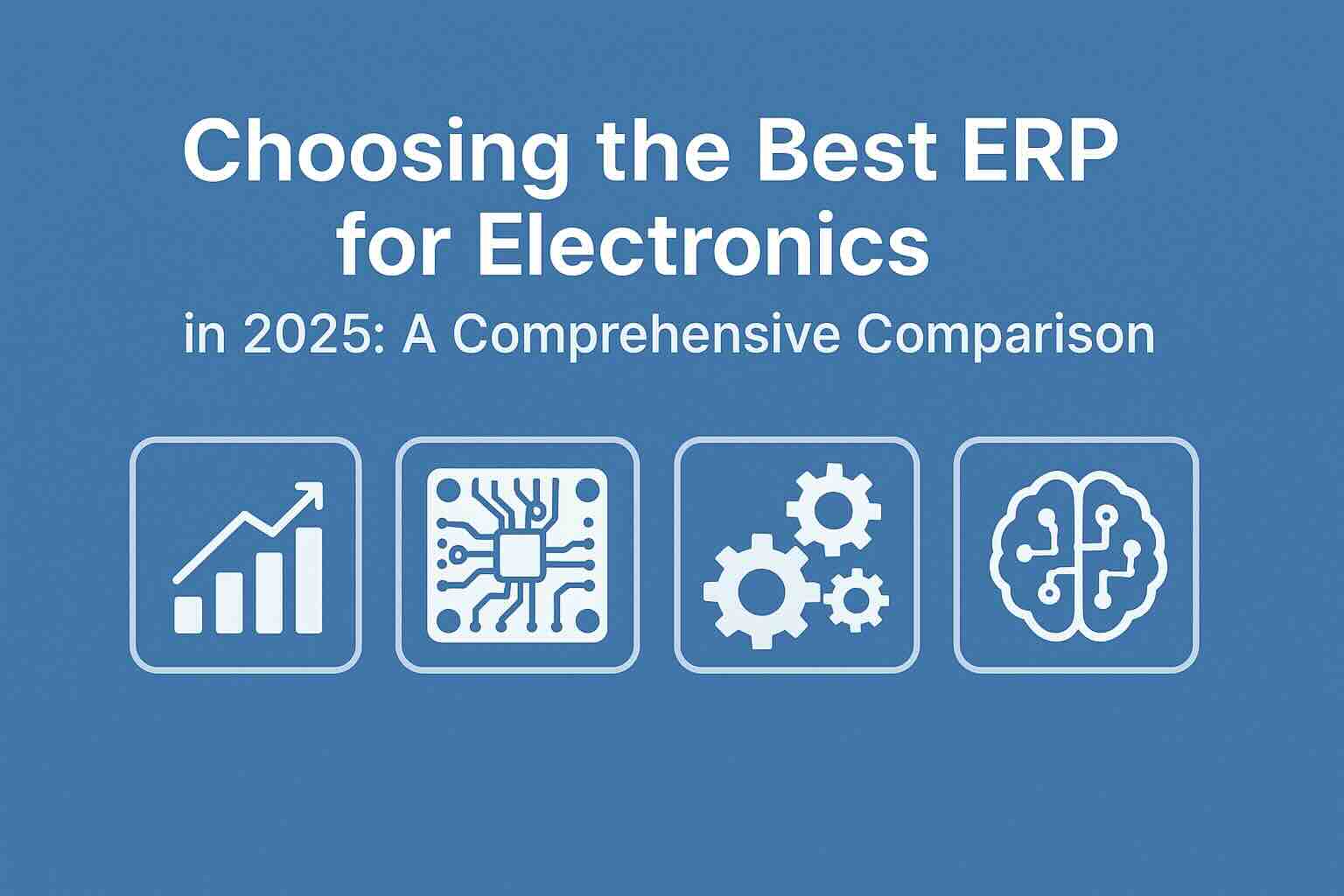
Whether you’re a manufacturer of circuit boards, consumer electronics, or electronic components, selecting the best ERP for electronics means balancing real-time inventory control, clear production planning, compliance management, and AI-powered forecasting.
Today, supply chains face delays, product cycles are shorter, and rules are stricter. Therefore, electronics companies need ERP systems that not only run daily tasks but also help them adapt to future challenges. Below, we review the leading ERP platforms in 2025 and explain why each might be the right choice for your business.
1. Oracle NetSuite
Oracle NetSuite remains one of the most trusted cloud ERPs. It offers finance, CRM, inventory, and supply chain tools in one system. This makes it especially useful for electronics companies that work across different markets.
In 2025, NetSuite added AI forecasting to predict parts shortages and sourcing risks. Moreover, its serial and lot tracking improves traceability, which is essential when handling product recalls or warranty claims.
Another key point is its tighter MES (Manufacturing Execution System) integration, which connects shop-floor data to finance. As a result, electronics manufacturers can improve yield, reduce waste, and speed up delivery.
Best for: Mid-to-large electronics firms with global supply chains.
Find out more about NetSuite here.
2. Microsoft Dynamics 365 Business Central
Microsoft Dynamics 365 Business Central is known for its ease of use and smooth integration with Microsoft tools. Its Copilot AI assistant reduces manual work in purchasing, planning, and order management. Additionally, Power BI dashboards provide clear and real-time insights.
In electronics, this ERP is strong in multi-warehouse control, IoT support, and serial tracking. Because it works seamlessly with Teams and Excel, teams can collaborate faster and share accurate data.
In 2025, Microsoft added machine monitoring features, which allow IoT equipment to feed data directly into the ERP. Consequently, electronics firms can cut downtime and keep production running more smoothly.
Best for: Mid-sized electronics manufacturers who already use Microsoft products.
Find out more about Dynamics 365 Business Central here.
3. SAP S/4HANA
SAP S/4HANA is built for large companies that need deep control of global operations. Thanks to its in-memory database, it delivers instant insights across production, procurement, and compliance.
In 2025, SAP expanded its sustainability tools. These now track e-waste, carbon use, and supply chain transparency. As a result, electronics manufacturers can stay compliant with tough global standards.
Another advantage is its design-to-delivery integration, which connects product design with production and distribution. This ensures that electronics firms can manage everything from R&D to shipping in one place.
Best for: Large electronics enterprises with complex operations.
Find out more about SAP S/4HANA here.
4. Acumatica Cloud ERP
Acumatica is one of the fastest-growing cloud ERPs. Unlike older systems, it was designed for the cloud from the start. This makes it easy to scale and cost-effective for growing firms.
For electronics, Acumatica offers multi-level BOMs, scheduling, and integrated CRM. In 2025, it added AI-driven demand planning and supplier risk alerts. These help electronics companies prevent shortages and keep production on track.
Since it has an open API, Acumatica connects easily with PLM and other third-party apps. As a result, electronics firms can build a system tailored to their needs.
Best for: Mid-sized electronics manufacturers needing flexibility and cloud-first tools.
Find out more about Acumatica here.
5. Odoo
Odoo is a flexible, open-source ERP that suits small-to-mid firms. Because it is modular, companies can start with just what they need—such as inventory, purchasing, or production—and add more later.
By 2025, Odoo improved its IoT and AI features. For example, its MRP module now tracks production performance in real time. In addition, IoT devices can send machine data into Odoo to help with scheduling and maintenance.
Electronics manufacturers benefit from its multi-level BOMs, work orders, repair tracking, and quality checks. Since it is open-source, firms can also adapt it without heavy costs.
Best for: Small electronics businesses or startups on a budget.
Find out more about Odoo here.
6. Epicor ERP
Epicor has always focused on manufacturing. In 2024, it purchased Smart Software and built AI-powered predictive inventory planning directly into the ERP. Consequently, electronics firms can better forecast demand and avoid costly shortages.
It also supports MES integration and shop-floor control, which give managers real-time visibility into production. For electronics firms, this means fewer delays and more accurate schedules.
Epicor further strengthens compliance and traceability, which is vital for high-tech and consumer electronics that must meet strict standards.
Best for: Mid-to-large manufacturers that need predictive planning and deep industry workflows.
Find out more about Epicor here.
7. Infor CloudSuite Industrial (SyteLine)
Infor CloudSuite Industrial (SyteLine) is built for discrete manufacturing, which makes it a strong match for electronics firms. Its advanced planning and scheduling (APS) tools allow manufacturers to balance changing demand with production.
In 2025, Infor introduced AI-powered capacity planning to optimize machine and labor use. In addition, its strong warehouse and supply chain tools help electronics companies stay agile when parts are delayed.
Because Infor is cloud-based, it provides enterprise-level features without the heavy IT load of older systems.
Best for: Electronics firms with assembly-heavy production that need precise scheduling.
8. Syspro
Syspro is designed for small-to-mid manufacturers. It remains a top choice for electronics firms that need traceability, BOM control, and compliance features.
In 2025, Syspro introduced AI-based quality checks. These reduce defects and improve yields, which is especially important in electronics where precision matters. Furthermore, its cloud-native deployment makes it easier to scale across different sites.
Syspro also includes serial and lot tracking to ensure full compliance with safety and warranty rules.
Best for: Small-to-mid electronics firms that want strong compliance and quality without the cost of enterprise software.
Find out more about Syspro here.
Final Thoughts
Finding the best ERP for electronics in 2025 depends on your size and needs:
-
Large enterprises → SAP S/4HANA or Oracle NetSuite
-
Mid-market leaders → Microsoft Dynamics 365, Acumatica, or Epicor
-
Smaller firms and startups → Odoo or Syspro
In short, the biggest trends in ERP for electronics are AI forecasting, IoT integration, and supply chain resilience. By choosing an ERP that supports these areas, your company will be ready for the challenges ahead.
Ready to Find Your Perfect ERP?
Choosing the right ERP can transform your business. With our AI-powered Compare ERP tool, you can quickly explore and compare solutions tailored to your needs. You’ll get a personalized recommendation in less than five minutes.
Our engine reviews millions of data points across 100+ ERP systems and delivers your top three picks based on your goals. Even better, it’s completely free.
Take the first step toward smoother operations and stronger growth and start comparing today!

